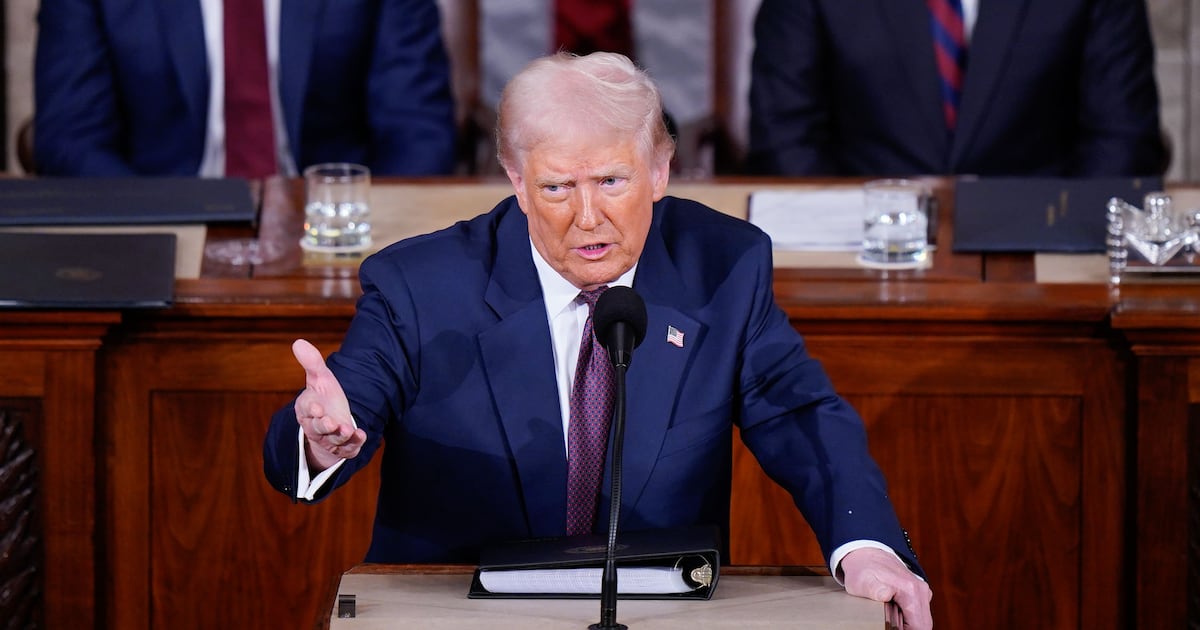
Richard Thaler is a University of Chicago professor who is currently working with the British government to use behavioral science to help craft government policy. In the New York Times, Thaler explains how a small change in the way the British government asked for it's taxes to be paid reaped large increases in revenue for only a tiny cost:
Most British citizens pay their taxes promptly because it is a simple tax system with few deductions, so that most taxes are collected via payroll withholding. (That’s “make it easy” in action.) But small-business owners and individuals with significant nonpayroll income are expected to save up the money to write a check to the government, and some of them fail to pay on time.
In such cases, the government’s first step is to send a letter asking for payment within six weeks, after which sterner, more expensive measures are taken. The tax collection authority wondered whether this letter might be improved. Indeed, it could.
...
People are more likely to comply with a social norm if they know that most other people comply, Mr. Cialdini has found. (Seeing other dog owners carrying plastic bags encourages others to do so as well.) This insight suggests that adding a statement to the letter that a vast majority of taxpayers pay their taxes on time could encourage others to comply. Studies showed that it would be even better to cite local data, too.
Letters using various messages were sent to 140,000 taxpayers in a randomized trial. As the theory predicted, referring to the social norm of a particular area (perhaps, “9 out of 10 people in Exeter pay their taxes on time”) gave the best results: a 15-percentage-point increase in the number of people who paid before the six-week deadline, compared with results from the old-style letter, which was used as a control condition.
The tax authorities estimate that this initiative, if rolled out across the country, could generate £30 million of extra revenue annually. And note that sending an effective letter doesn’t cost any more than sending a bad one. Did I mention that the entire budget for the team is less than £1 million?





